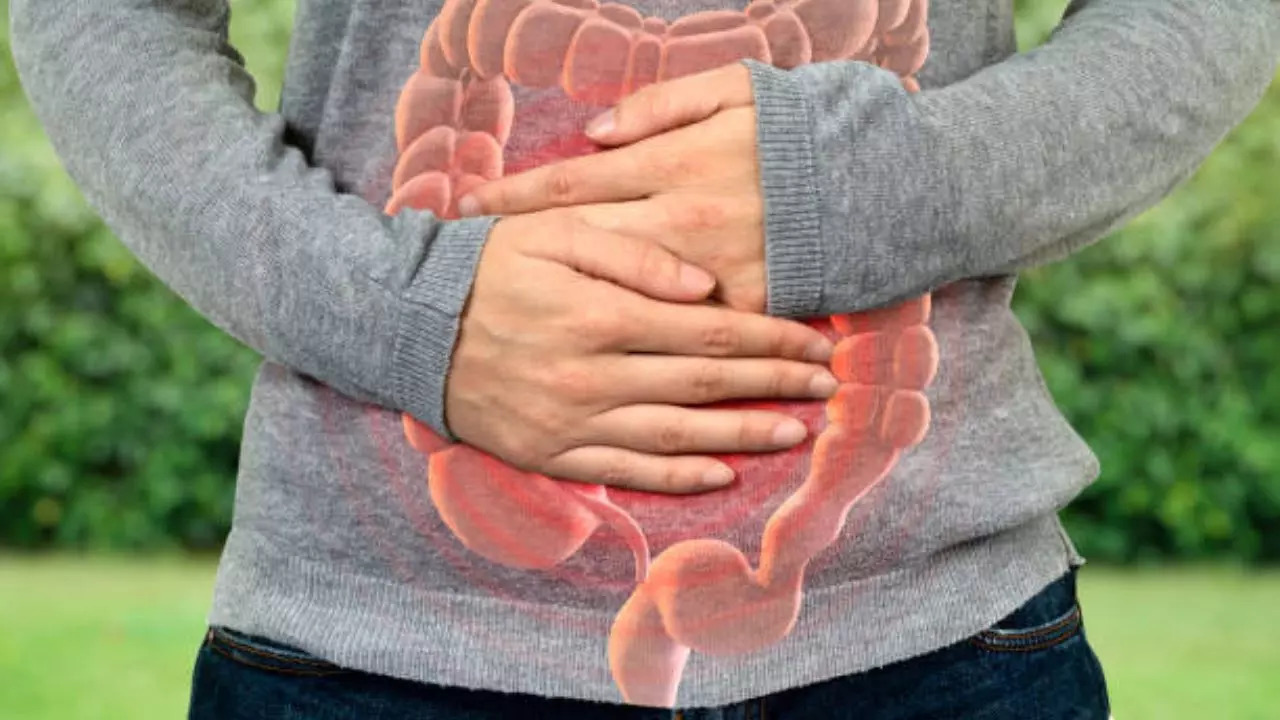Contents
Foods that may make your IBS worse; what to eat instead?
People suffering from irritable bowel syndrome or IBS may have noticed that eating certain foods can lead to severe symptoms like stomach pain, diarrhea, and other uncomfortable digestive issues. Some of these foods include dairy, beans, cruciferous vegetables, fried foods, chocolate, and alcohol. According to experts, these foods are loaded with gluten and sugar, which your body cannot digest properly, causing long-term damage. Read on to know which diet you should follow in your condition.

One third of people worldwide suffer from IBS and although the cause is unknown, your food choices could be a culprit.
Irritable bowel syndrome, or IBS, is a digestive condition that causes uncomfortable or painful abdominal symptoms such as constipation, diarrhea, gas, and bloating. According to experts, even though it doesn’t harm your digestive system or increase your risk of colon cancer — IBS can be debilitating.
Statistics show that one third of people worldwide suffer from IBS symptoms and although the cause is unknown, your food choices could be one of the culprits.
Foods that trigger IBS
wheat and barley
Wheat and barley are rich in gluten – a group of proteins you can become seriously immune to. According to studies, a gluten-free diet helps improve IBS symptoms in a significant number of people, even though the mechanism is unclear. A gluten-free diet also improves the frequency and severity of pain.
dairy
Dairy products such as milk, yogurt and cheese can also cause problems for people with IBS for several reasons – high-fat dairy products tend to cause diarrhea. Also, milk aggravates symptoms for many people with IBS.
fried foods
Fried foods contain a high amount of fat which is too much for your digestive system. Frying also changes the chemical composition of food, making it very difficult to digest. Therefore, eating fries, samosas or tikkis frequently can lead to digestive discomfort as well as other problems like obesity and type 2 diabetes.
Beans and legumes
Beans and lentils are high sources of protein and fiber, but they may aggravate IBS symptoms. They contain compounds called oligosaccharides that are resistant to digestion by intestinal enzymes.
While beans help with constipation by increasing stool bulk, they also worsen indigestion, bloating, abdominal pain, and other IBS symptoms.
Caffeinated beverages
Caffeinated beverages such as coffee and tea have an over-stimulating effect on your intestines and cause diarrhea and gas. In addition, carbonated sodas and energy drinks can trigger many IBS symptoms.
Chocolate
Although many people love chocolate, people with IBS cannot tolerate this sweet food. Chocolate bars and candy are high in fat and sugar, which can cause severe IBS symptoms.
The lactose and caffeine present in chocolate can also cause constipation and stomach pain.
Liquor
All types of alcohol are common triggers for IBS because of how your body can digest it. Alcohol causes dehydration — which leads to indigestion and pain.
Beer also contains gluten and high amounts of sugar.
Cruciferous Vegetables
Cruciferous vegetables, such as broccoli, cauliflower, cabbage and Brussels sprouts, are very difficult for the body to digest and can aggravate IBS symptoms, causing gas and constipation.
What should you eat if you have IBS?
For people suffering from IBS, doctors recommend following a low FODMAP diet – which includes fermentable oligosaccharides, disaccharides, monosaccharides, and polyols. These are fermentable, short-chain carbohydrates. The low FODMAP diet limits foods rich in these carbohydrates.
And so, foods that you can eat in large quantities without any problems include:
- fish and other lean meats
- Eggs
- Butter and Oil
- Hard cheeses
- lactose-free dairy products
- Fruits like bananas, blueberries, grapes, kiwis, oranges, and pineapples
- Vegetables like carrots, green beans, kale, pumpkin, spinach, and potatoes
- Whole grains like quinoa, rice, millet, and cornmeal
- Tofu
- Pumpkin seeds, sesame seeds, and sunflower seeds
Get the latest news live on Times Now, along with breaking news and top headlines on diet, health and more from around the world.


